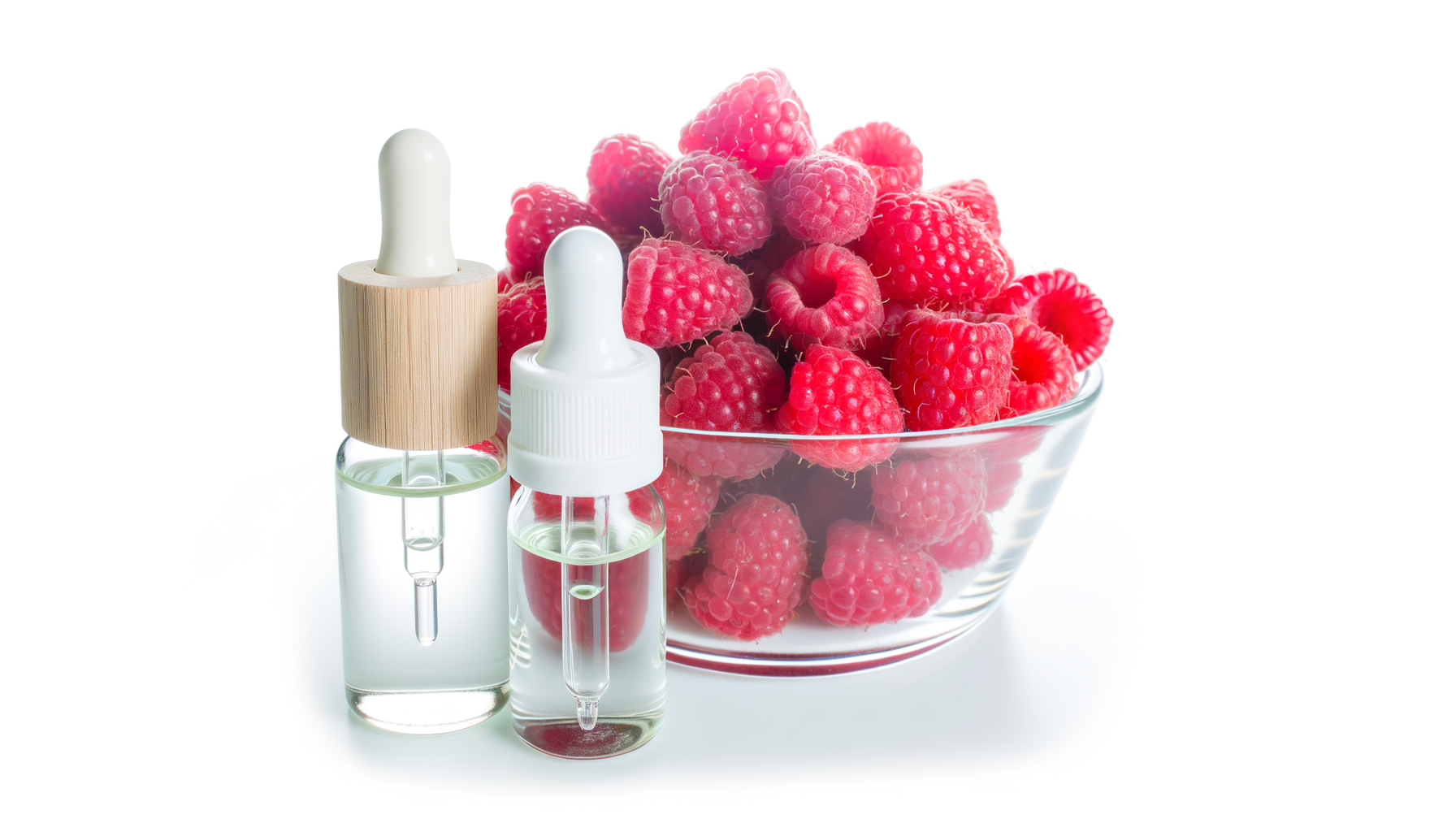Exploring the Power of Spermidine and Salicylic Acid: A Fresh Approach to Extending Raspberry Shelf Life
Core Summary:
In a recent study published in Food Science & Nutrition, researchers evaluated how postharvest treatments using spermidine, salicylic acid, and their combination impact the shelf life and quality of raspberry fruits. Key findings reveal that these treatments notably slow down spoilage processes over 15 days compared to untreated raspberries. Spermidine and salicylic acid reduced weight loss, slowed decay, and maintained higher levels of valuable organic acids and Vitamin C.
Background Knowledge and Context:
Understanding Spermidine and Salicylic Acid:
- Spermidine is a naturally occurring compound found in various foods that helps enhance cell processes and delay aging.
- Salicylic Acid is known for its use in skincare and also plays a role in plant stress responses, which can help preserve freshness.
The Challenge with Fresh Produce:
Raspberries are beloved for their taste and nutritional benefits but are notoriously short-lived once harvested. Effective preservation methods are crucial to reducing postharvest losses.
Analysis of Research Significance and Practical Applications:
Why This Research Matters:
- Nutritional Preservation: Fresh raspberries are rich in phenolic compounds and essential vitamins, which degrade quickly during storage. By maintaining these nutrients longer, these treatments ensure consumers receive the full benefit of the fruit's natural antioxidants.
- Economic Impact: Extending the shelf life of raspberries can significantly reduce waste and financial losses in the food supply chain.
Practical Applications:
- For Farmers and Distributors: Implementing these postharvest treatments could mean less spoilage and greater profitability.
- For Consumers: Longer-lasting fresh produce means less frequent grocery trips and access to nutritionally rich raspberries.
Personal Expert Opinion and Future Outlook:
Expert Insight:
While the study highlights the promise of spermidine and salicylic acid in preserving raspberries, larger scale studies are essential to explore the effectiveness across diverse climatic conditions and fruit varieties.
Looking Forward:
Future research may explore:
- Combination with other natural preservatives to boost efficacy.
- Understanding optimal dosing to avoid any potential adverse effects on taste or safety.
- Longitudinal studies to observe effects over extended storage periods.
In conclusion, the strategic use of natural compounds like spermidine and salicylic acid offers a sustainable solution to enhance the longevity and nutritional value of raspberries and potentially other perishable fruits. This research paves the way for innovation in food preservation, balancing food safety with consumer health benefits.
Reference:
Melekşen Akın et al., "New Approaches in Cold Storage of Fruits: Impact of Postharvest Spermidine and Salicylic Acid Applications on Phenolic Compounds and Quality Characteristics of Raspberry Fruits," Food Sci Nutr, June 2025. DOI: 10.1002/fsn3.70389
